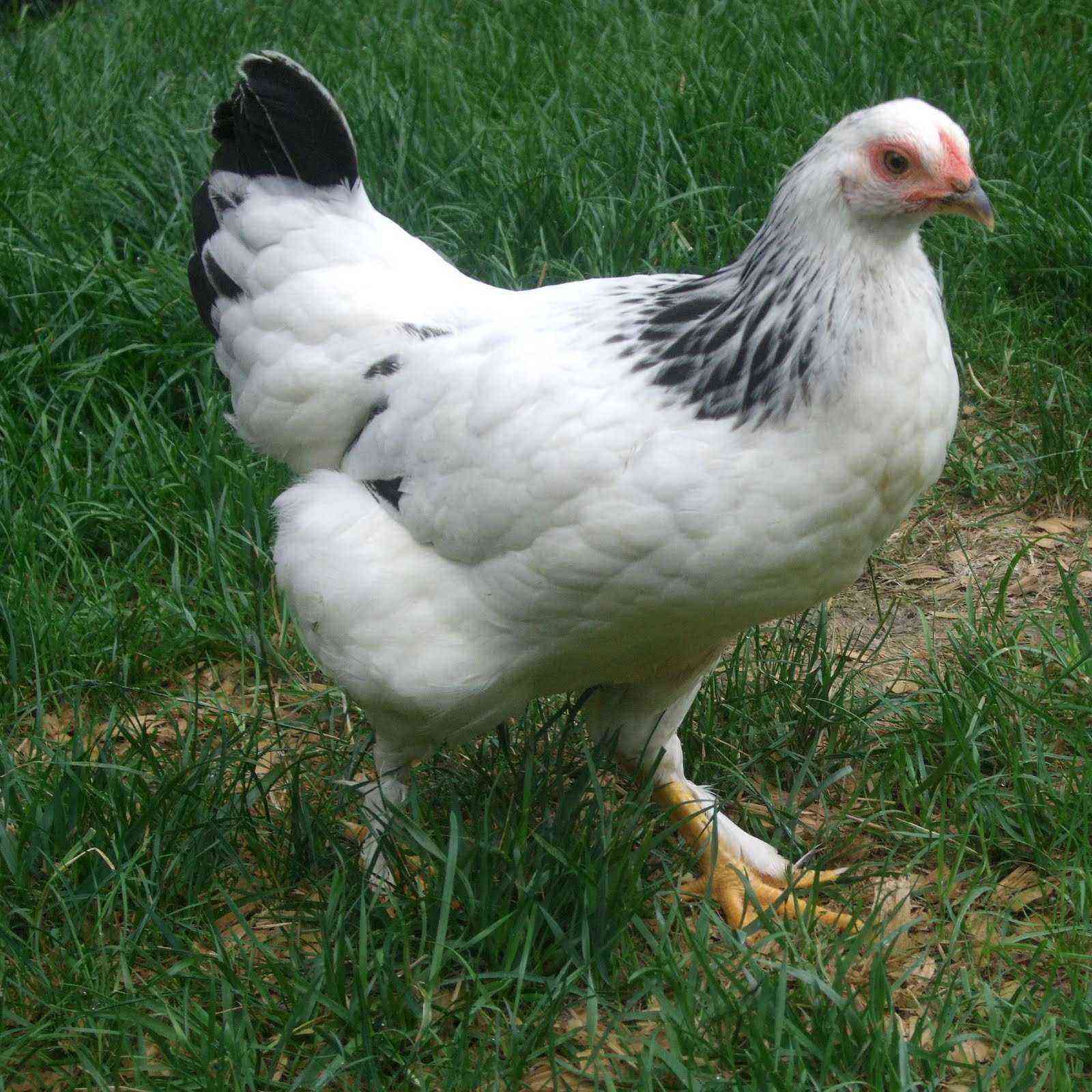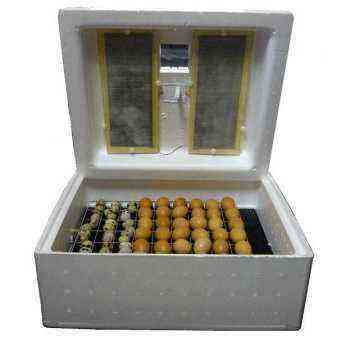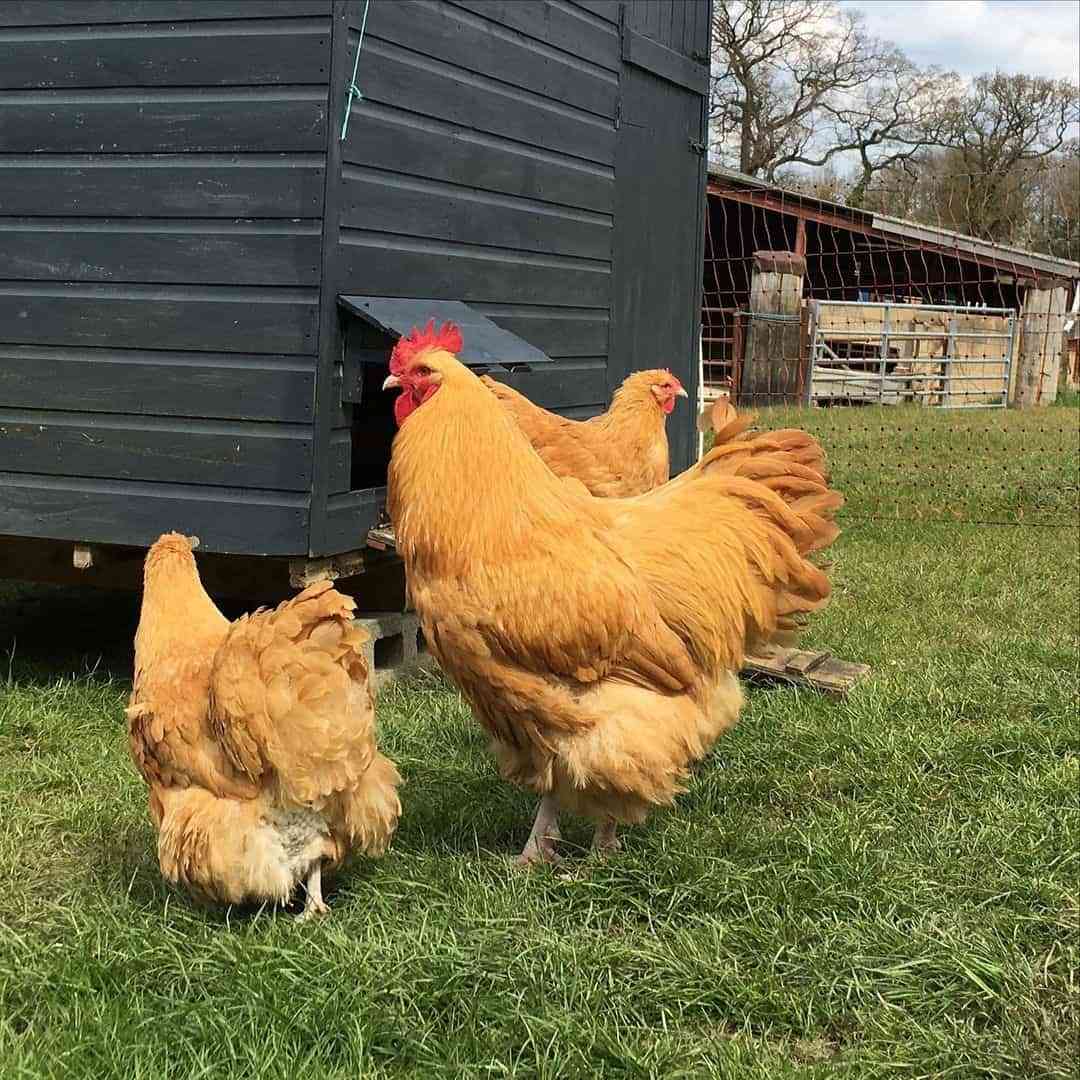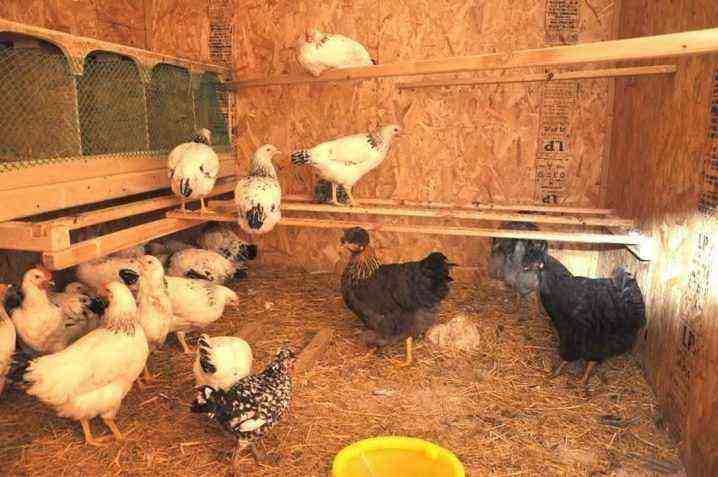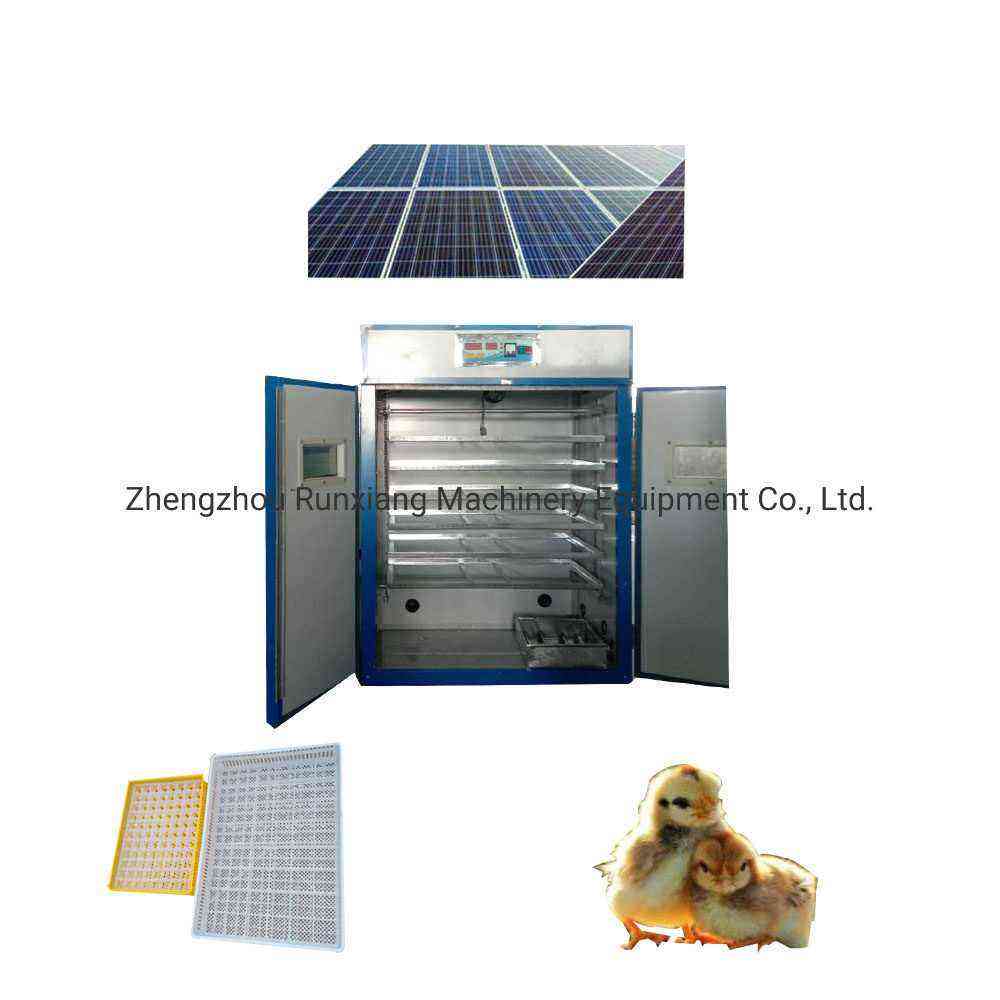Household owners now and then face such a disease of chickens as salpingo-peritonitis. It is a diffuse inflammation of the ovaries, oviduct and abdominal cavity.
This disease is very common in laying hens. And the reasons for its appearance and development can be very different:
- improper or inadequate feeding of the bird, leading to metabolic disorders. For example, due to a lack of proteins in the feed, an excess of vegetable proteins and phosphorus, a deficiency of essential amino acids, and calcium, metabolic disorders of trace elements;
- improper and poor conditions for keeping poultry. These include the light regime and its violations, harmful gases in the coop, air pollution with microbes, dustiness, damp, dirty litter, high perches and associated injuries, high humidity, rough handling of laying hens;
- previous illnesses. For example, salmonellosis, infectious bronchitis, pasteurellosis, hypovitaminosis and others.
Mass infection with salpingoperitonitis can be caused by the fact that there are individuals of different ages in the house. So, young laying hens, getting into the chicken coop where adult chickens are kept, begin to rush more intensively due to the long daylight hours and abundant feeding. And this, in turn, can lead to the development of the disease.
Salpingoperitonitis mostly has a chronic form. Laying hens stop laying eggs completely or partially. It is also possible to lay eggs without shells and even excrete liquid protein and purulent mass.
To prevent the occurrence of salpingoperitonitis, it is necessary to follow the rules for keeping and feeding birds. Much attention should be paid to the content of calcium and phosphorus in the feed. Their ratio should be 3:1. As calcium-containing products, laying hens consume chalk, shells, calcium gluconate, egg shells, an aqueous solution of calcium chloride and other additives.
During intensive egg laying, feed of animal origin should be excluded from the diet of chickens. Particular attention should be paid to feeding succulent feed and greens (silage, grass meal, vegetables, etc.). All vitamins should be in the feed in the required amount: B, A, E, D. Iodine is a very good food supplement.
Salpingoperitonitis, as a rule, occurs in young, not fully formed laying hens, which begin to rush early. To avoid this, you need to reduce the amount of protein in the poultry feed and reduce daylight hours in chickens at the age of 3-4 months.
Of great importance is the observance of sanitary and hygienic conditions for keeping laying hens. Individuals with salpingoperitonitis are not treated, they are culled for meat.









